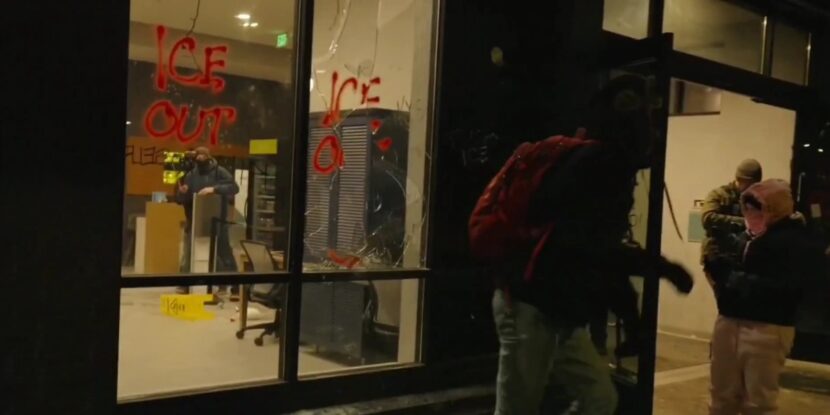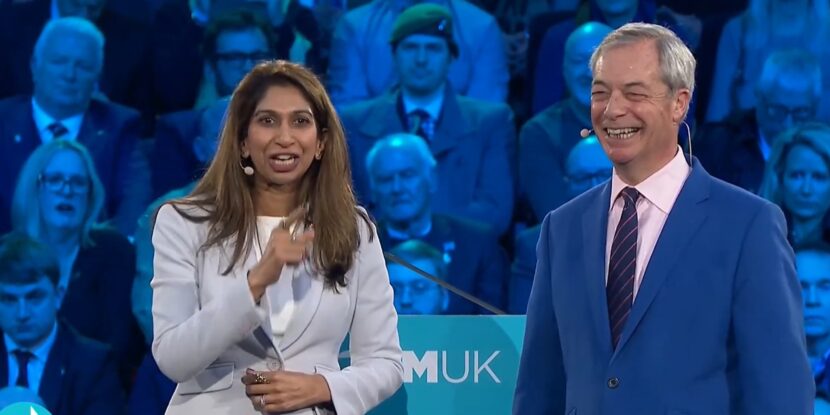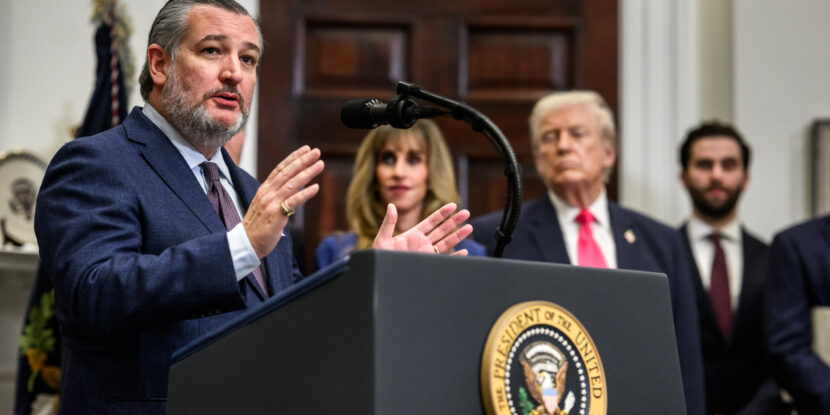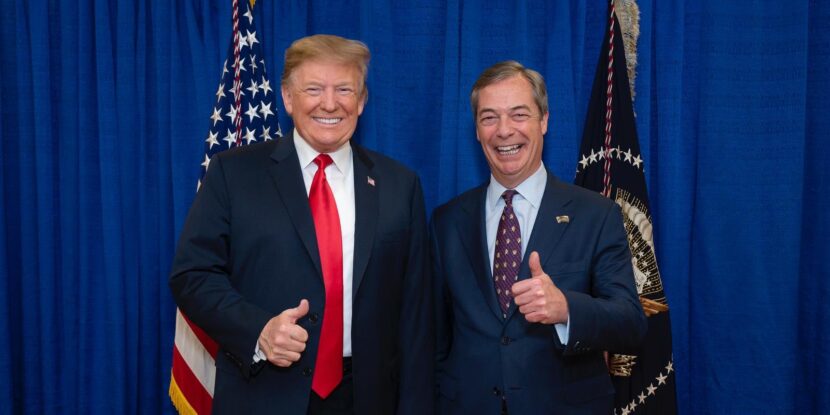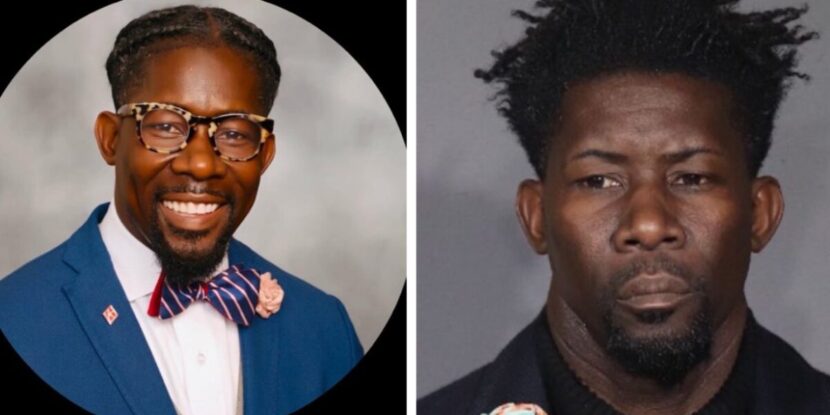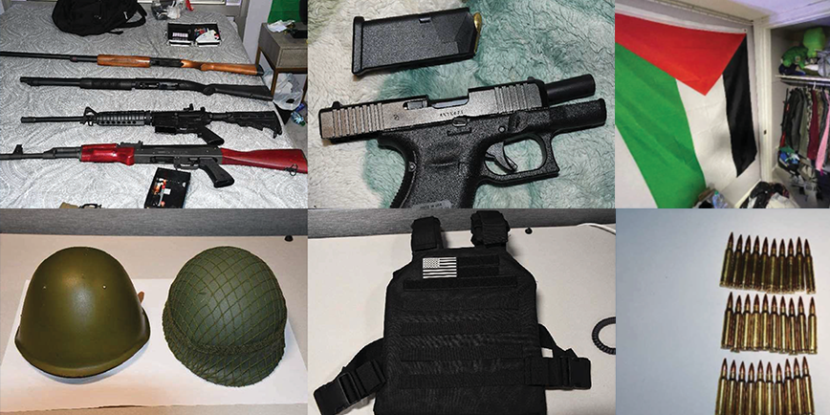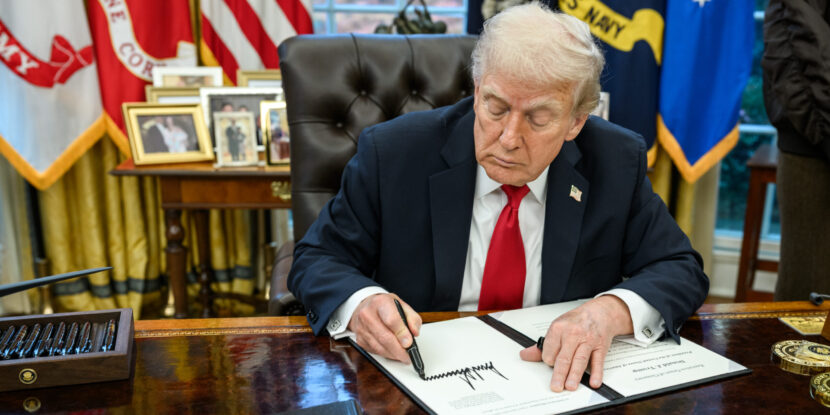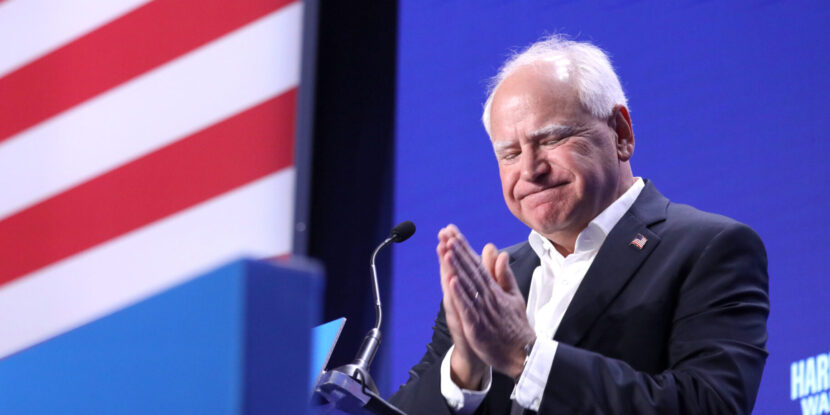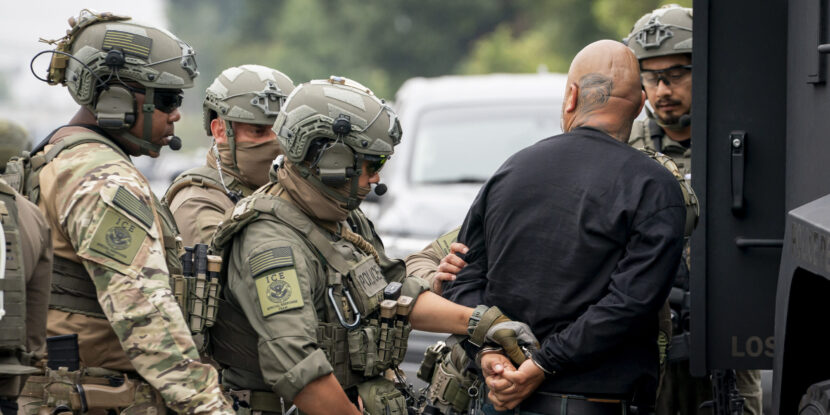An Afro-Caribbean carnival notorious for drug dealing and violence produced more episodes of serious violence in two days than anti-immigration protests did in weeks. London’s Notting Hill Carnival, running from August 25 to August 26, saw 334 arrests, 50 police officers injured, and at least eight stabbings. Three of the victims, including a mother attending the carnival with her young child, are in critical condition.
Anti-immigration protests sparked by the deadly mass stabbing of multiple young girls at a dance class in Southport, England, at the end of July lasted for weeks, spreading from the seaside town across the United Kingdom. They resulted in more arrests and more alleged police injuries than the Notting Hill Carnival but few serious episodes of violence on par with the London event’s potentially deadly stabbings. Forty-nine people were arrested for weapons offenses at the carnival, with three firearms recovered.
Much of the violence during the immigration riots was not perpetrated by anti-immigration protesters but by Muslim and far-left counter-protesters. They were policed comparatively gently despite targeting journalists and white people seemingly at random.
Two-tier policing was once again on display following the Notting Hill Carnival, with London’s Metropolitan Police force putting out a damage control statement claiming that the “people of Carnival are part of the solution—providing community cohesion, a place for young people to gather, create and express themselves and for all generations and communities to come together,” and insisting the event “benefits London as a whole, generating £369m to the economy.”
No such conciliatory messages were extended to peaceful anti-immigration protesters, whom Prime Minister Sir Keir Starmer has branded “far-right thugs” with no “legitimate” concerns.





